Science
Dr Roxanne Toivanen | Domain Leader

Science
Dr Roxanne Toivanen | Domain Leader
One of the central pillars of science is the fair test. A fair test is one in which only one variable is changed at a time while all others are kept constant, ensuring that the results are valid and meaningful. It is a concept that is simple in theory, but requires the understanding and application of many different science skills: identifying variables, making predictions, designing methods, collecting precise and accurate data, evaluating results, and discussing errors and limitations. Across the year levels, students are taught and get to apply these skills across a range of fair test experiments.
This term, Year 7 students were introduced to the fair test through their topic on forces. From exploring inertia with crash test dummies to investigating gravity and friction using paper helicopters, students were guided to test variables systematically and make predictions about their results. The highlight was an ALT involving mini catapults, where students tested how changing variables, such as catapult angle or projectile size, affected distance travelled.
In Year 9, the fair test was explored in their unit on chemical reactions. Students learnt about various reaction types such as combustion, corrosion, and acid-base interactions, and used different methods to analyse the extent of reaction that occurred.
Our Year 10 Chemistry students challenged themselves with fair tests on redox reactions, a topic that is usually not explored until VCE. These complex reactions involve the movement of electrons between substances, and at times, also test students’ patience. Their ALT investigation explored the rate of reaction between potassium permanganate and oxalic acid, a visually striking process where the deep purple solution gradually shifts through shades of brown, orange, and yellow before turning clear. However, some experimental conditions took up to an hour to complete, resulting in students pulling up a chair, so they could continue to record their observations carefully and collect the most precise data.
At the VCE level, all four sciences (Biology, Chemistry, Physics, and Psychology) require students to independently design, conduct, and evaluate fair test investigations for one of their SACs. This term, it was the Biology students' turn to complete this assessment. Students ran a broad range of experiments, from exploring enzyme activity in pineapples, cellular respiration in yeast, modelling membrane transport with gummy bears, and testing beetroot cell permeability. These investigations highlighted the biological processes that help organisms generate energy and regulate internal conditions.
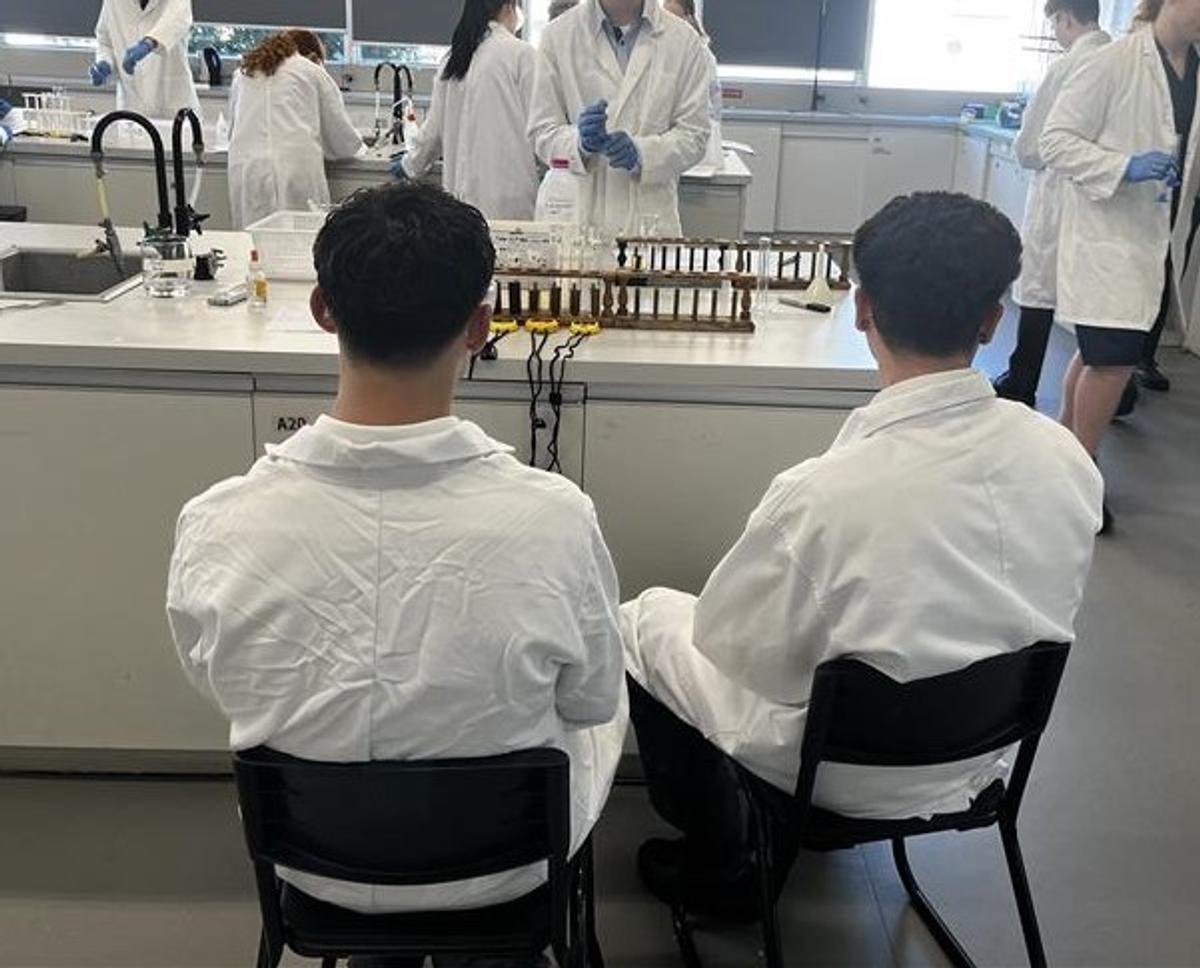
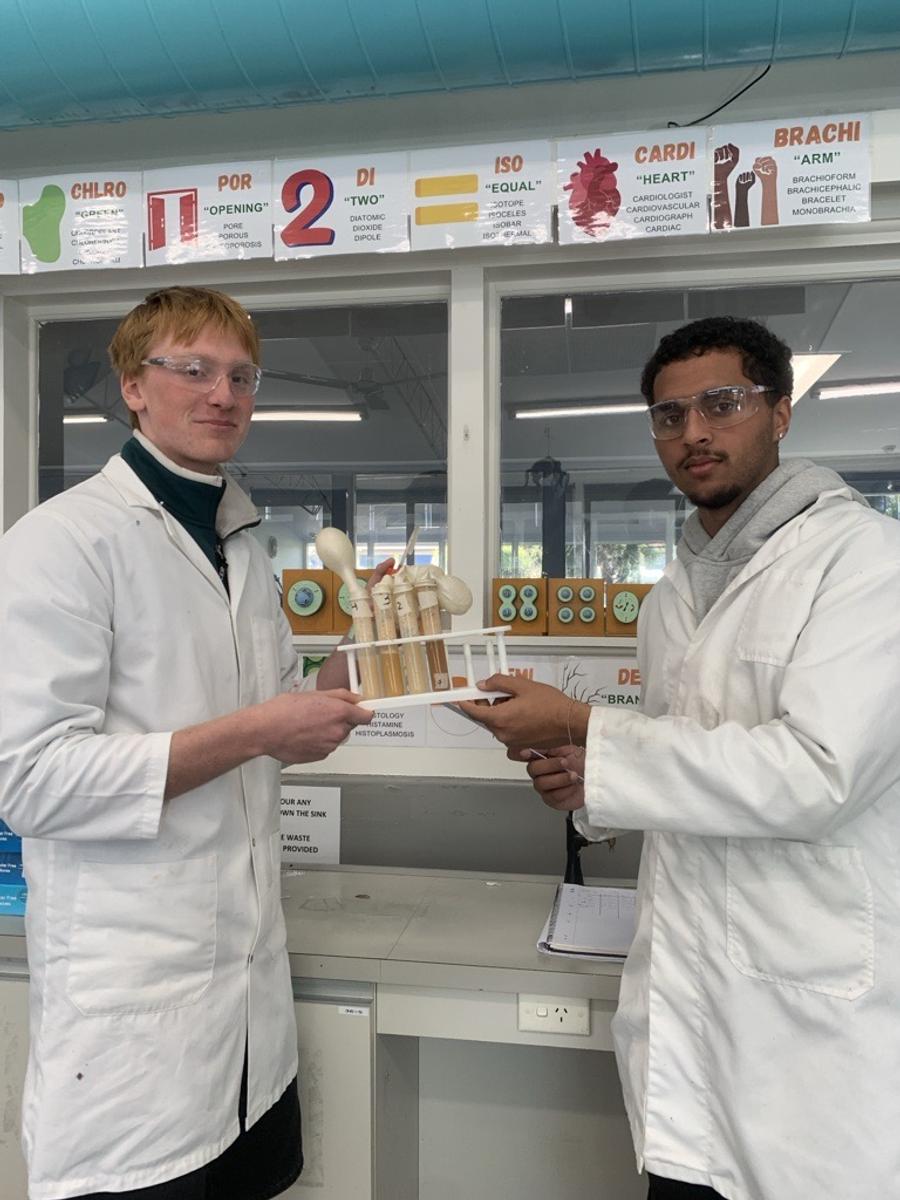
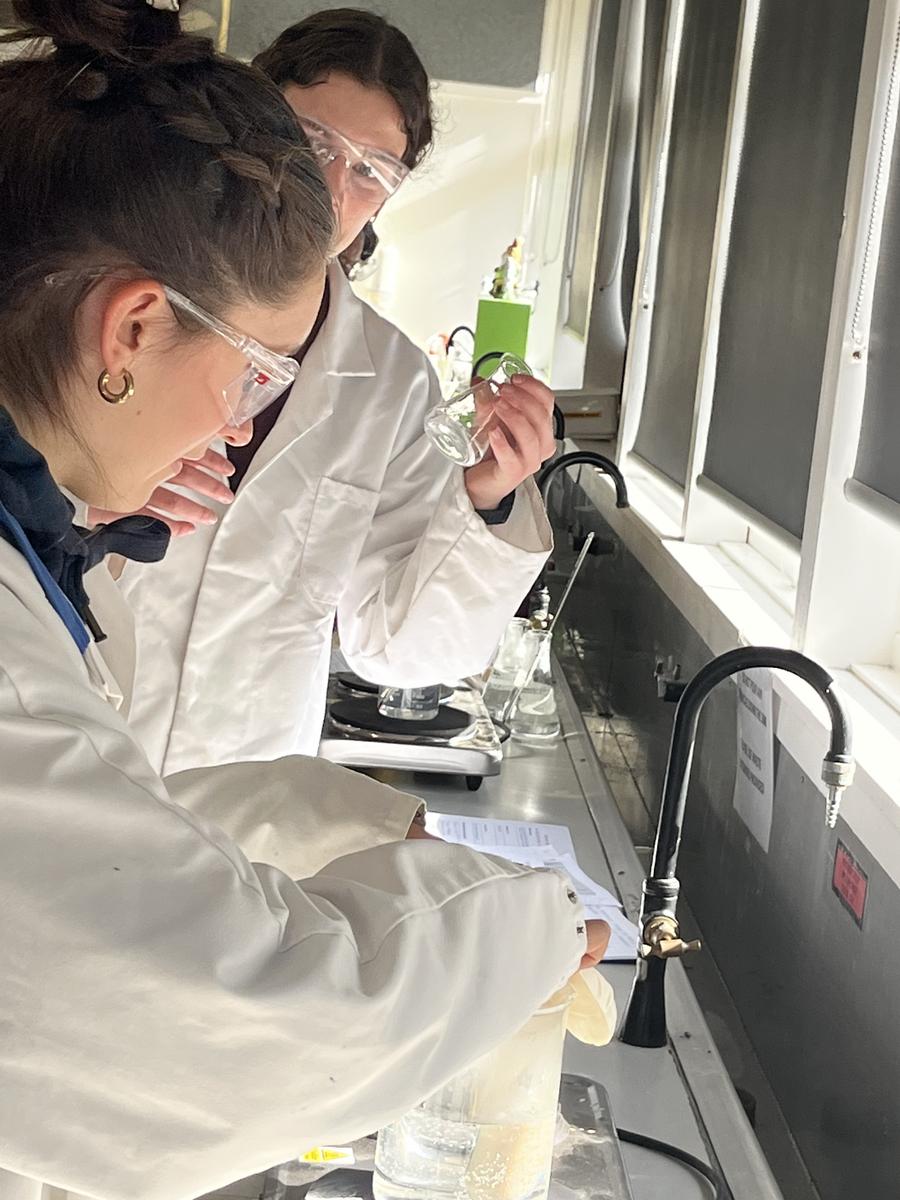
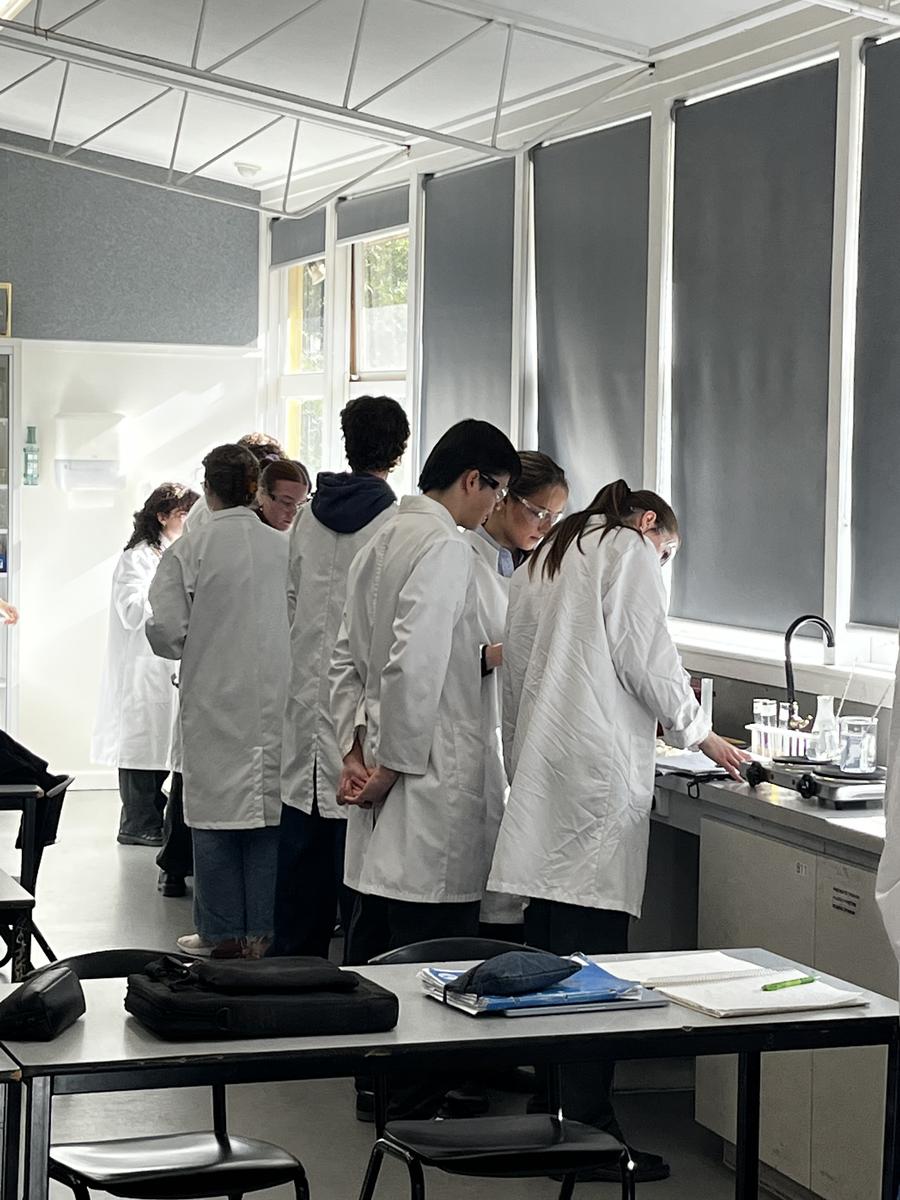
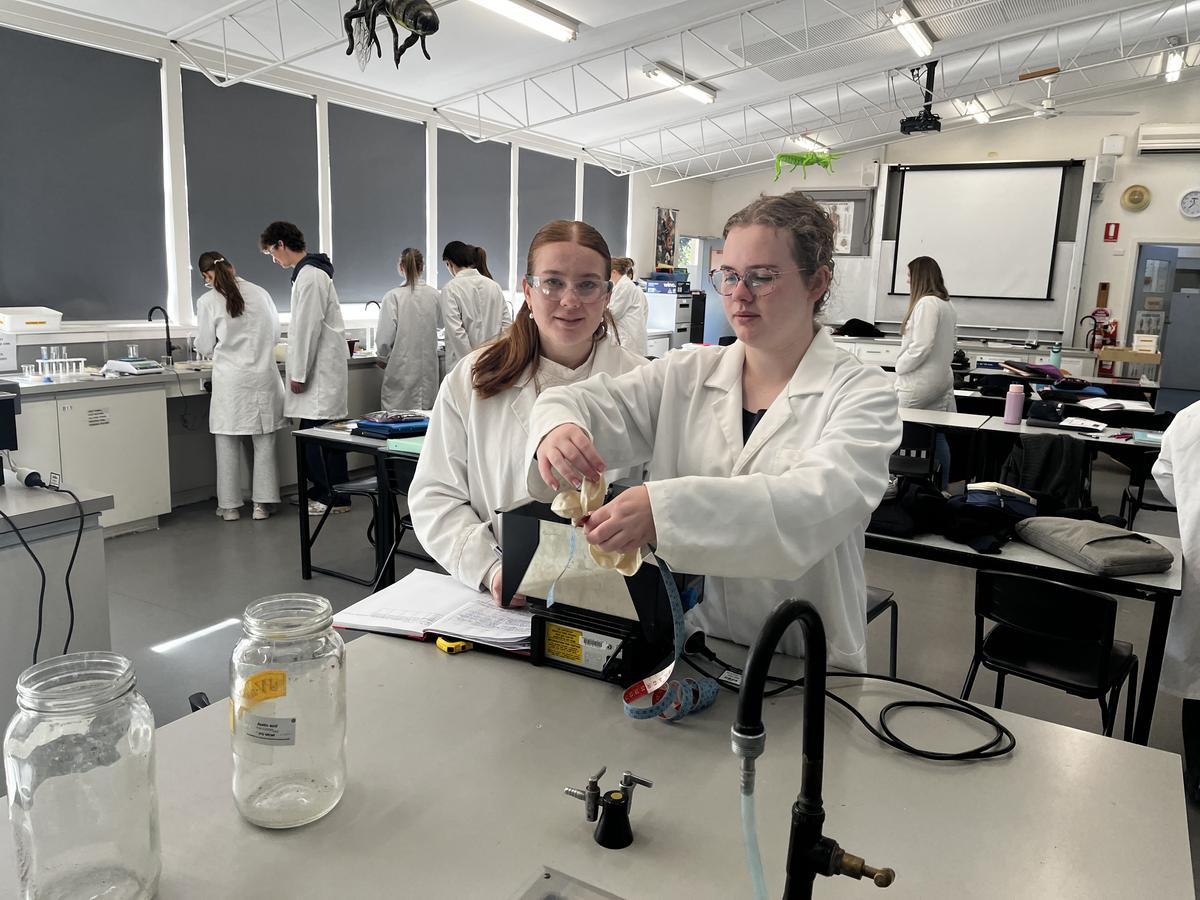
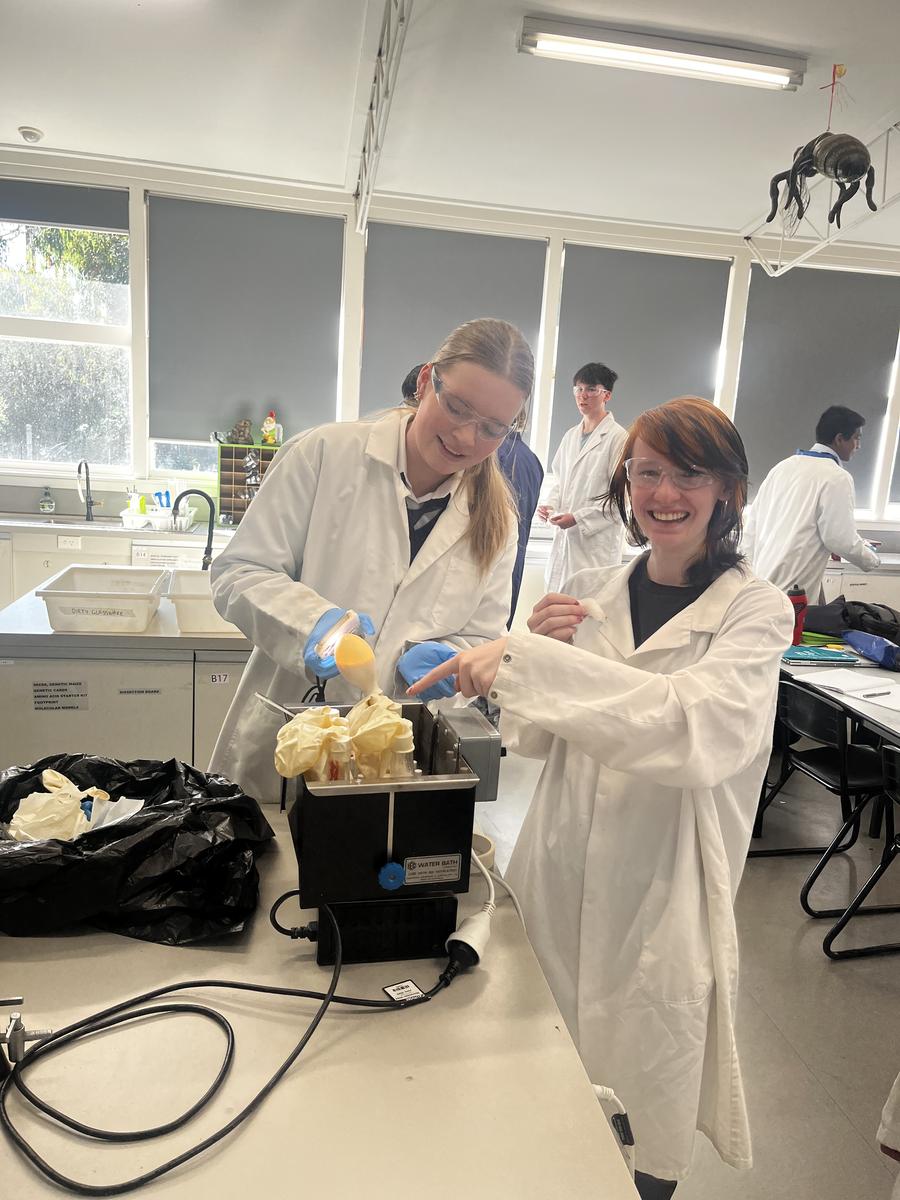
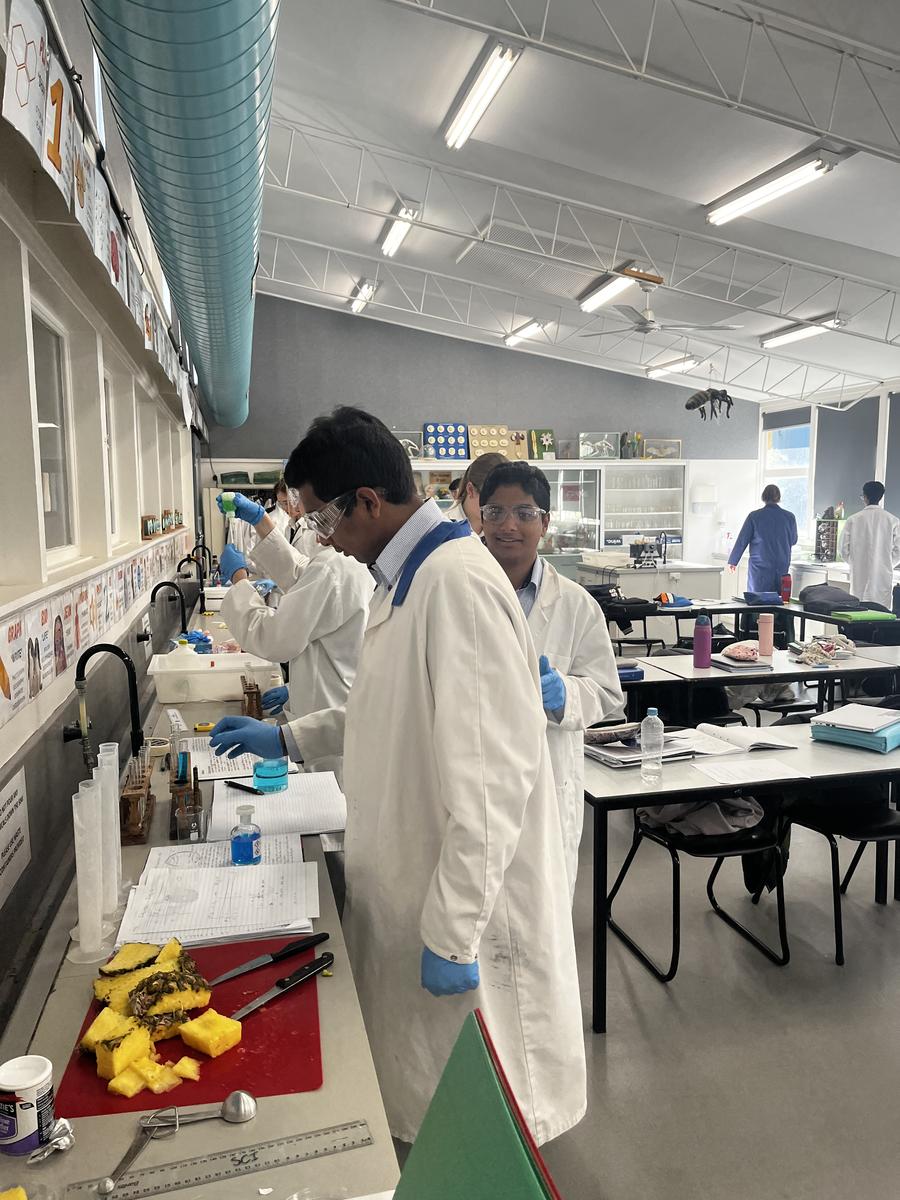







As we approach the holidays, our students completing Units 3 and 4 in Science need to use this break effectively and start preparing for the end-of-year exams. The upcoming holidays provide an excellent opportunity to consolidate your understanding of Unit 3 content and get a head start on Unit 4.
One way to achieve this is by attending mid-year revision lectures, which both Access Education and TSSM are offering. These sessions are designed to reinforce key concepts and enhance exam techniques.
Access Education Mid-Year Lectures (Online):
These sessions are conducted online, allowing you to participate from the comfort of your home. Each lecture is led by experienced educators who specialise in their respective fields.
Physics: Monday, July 7, 2025 | 3:00 PM – 5:30 PM
TSSM Winter School – Midway Revision and Head Start Program:
For those seeking more in-depth sessions, TSSM offers comprehensive two-day programs (9 hours total) for each subject, available both online and at their Melbourne VCE Centre.
Physics: Thursday, July 17 & Friday, July 18, 2025 I 2:30 PM – 7:00 PM